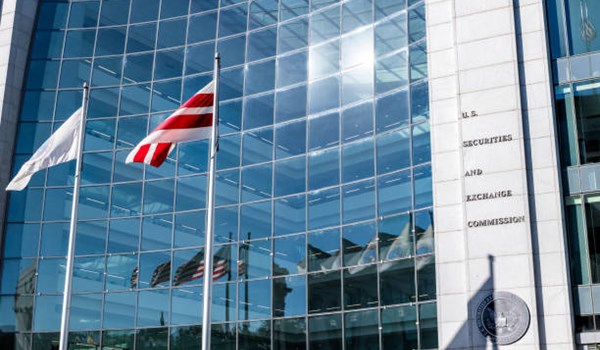In recent years, so-called golden-passport programs have come under increased scrutiny. But a handful of nations are hoping that they’ll be allowed to continue.
For five Caribbean countries, citizenship by investment (CBI) brings in a whopping $579 million a year, Bloomberg reported on Wednesday. Saint Kitts and Nevis, Dominica, Saint Lucia, Grenada, and Antigua and Barbuda all rely on the programs to keep their nation afloat, and they’d like the European Union to realize how vital they are.
“Our national economic prosperity hinges on the robustness of our citizenship-by-investment program,” Terrance Drew, the prime minister of Saint Kitts, said in December. “This program must be protected at all costs.”
In Drew’s country, the CBI program was expected to amount to $192 million in 2023, making up more than half of the country’s revenue. There, citizenship costs $250,000, and it allows people to secure tax breaks and visa-free travel that they may not have otherwise. The cost is the same in Dominica, while Grenada charges $150,000 and Saint Lucia and Antigua put the price at $100,000.
In total, the five countries have given citizenship to at least 88,000 people, Bloomberg said. Many of them are Chinese, Russian, Nigerian, or other nationalities that would typically require travel permits when going abroad. As such, the EU is worried that golden passports make travel and the moving of money easier for people who may be involved in unsavory schemes. A report from the Organization for Economic Cooperation and Development said recently that they can allow criminals “to perpetrate massive frauds and launder proceeds of crime and corruption reaching into the billions of dollars.”
But were countries to crack down on people who hold golden passports, it would potentially ruin some of these island nations, which rely on that revenue for everything from building airports to supporting welfare programs.
“It would pretty much cripple the Caribbean industry,” Rafael Cintron, the CEO and co-founder of Wealthy Expat, which advises people on second passports, told Bloomberg.
Those involved in running the programs are trying to assure EU officials that they’re safe, with an intense review process meant to weed out bad eggs. Even still, some countries have prohibited visa-free travel from these Caribbean nations as a way to protect themselves. These island countries are hoping that they may come around to the idea, though.



